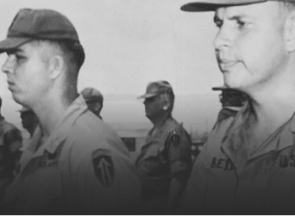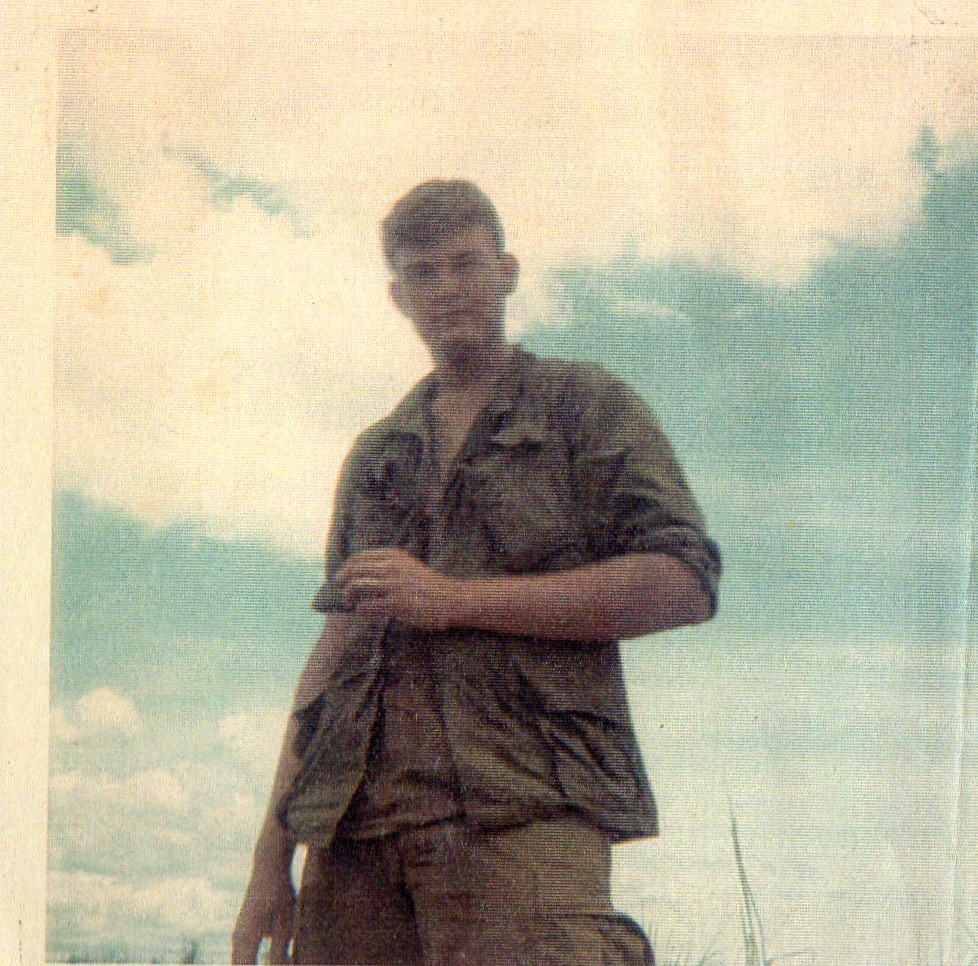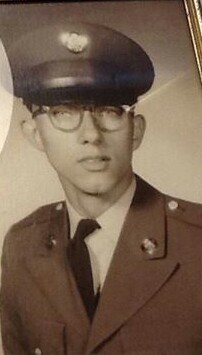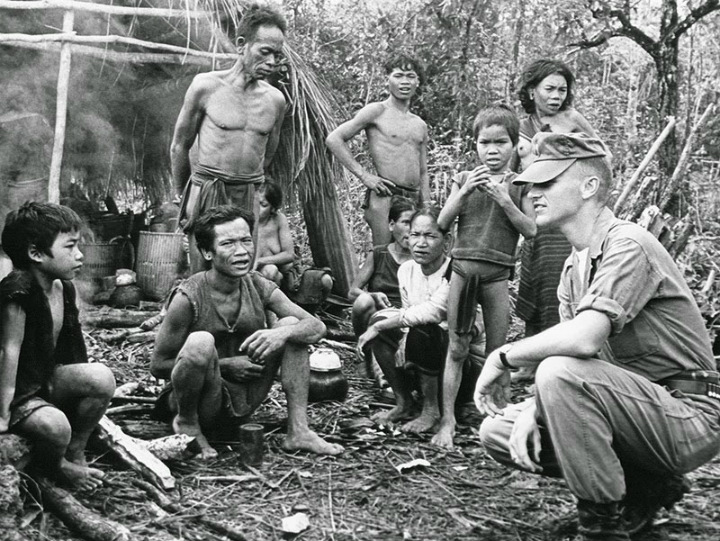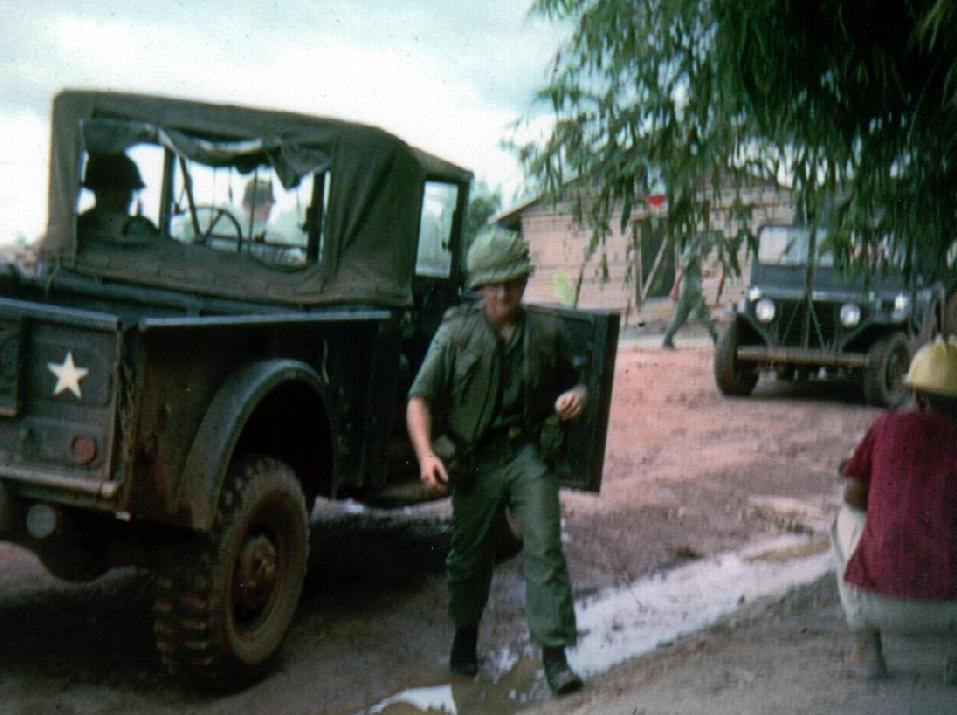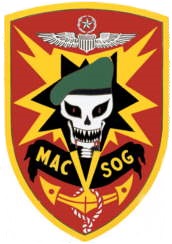Before You Go
Before You Go
I had been in the military for nine years when I went to Vietnam. I was a Navy Lieutenant stationed in Japan where I served as the officer-in-charge of the Naval Investigative Service Resident Agency, Atsugi. Although I believed that I was serving my country well, I wanted to do something more in the cause of freedom. So, I volunteered for duty in South Vietnam, a country struggling to remain free in the face of the onslaught of communist North Vietnam.
The Navy said I would need additional preparation for duty with the Naval Advisory Group, Vietnam. I received my orders and headed for San Diego for SERE school. This three-week school consisted of two weeks on the Naval Base on Coronado Island for classroom instruction on Survival, Evasion, Resistance and Escape.
The classroom phase of SERE was followed by six days in the field in a simulated hostile situation. Our class of about 50 men was taken out into the high desert of Southern California and dropped off to survive on our own in groups of about five or six. We were given water but no food and told we had to “live off the land.”
For five days we saw no outsiders except for the man who brought us a one inch cube of meat mid-week. The days in the high desert were blisteringly hot and the nights freezing cold. We grew extremely weary from lack of food and the constant trudging through the rough looking for something we could catch and eat, a futile endeavor as it turned out. Our task was not only to survive but to evade the “enemy” who were seeking to capture us. We were successful in evading capture for five days.
Suddenly, “enemy” soldiers swept down upon us, captured us and marched us off to prison.
The prison was a very realistic replica of a Viet Cong prison camp in the jungles of Southeast Asia complete with barbed wire and sadistic guards. There we were subjected to interrogation and torture. Although the guards were instructed not to kill us, I doubt there were any more restrictions on their brutal behavior. Sometimes I thought they might just forget that little restriction about not killing us. We were made to stand at attention and be subjected to vile verbal harassment for hours, it seemed. We were ordered to disavow our country and salute the Viet Cong flag. When we refused we were tortured.
One method the guards used to soften us up and make us more likely to confess our crimes, betray our fellow prisoners of war, and defect to the liberation army of Vietnam, was the infamous Black Box.
The Black Box was made of plywood and measured about three feet by two feet with a hinged lid. We were made to kneel down in the box which was then closed and locked. I was barely able to fit my six foot two frame in this devil’s torture chamber. In fact, the guard had to push down with his full weight to get the lid closed. The pain on my legs and knees was excruciating. I was left in the box for what seemed like hours, but it probably was only about fifteen minutes. The physical torture was difficult but it was even tougher hearing other men crying out in pain and pleading for mercy.
The prison camp phase lasted a full twenty-four hours. We survived, but some men broke under torture and were forced to confess their “sins” before the rest of the group and renounce the USA for its “war crimes.” They were led away not to be seen again.
On the morning of the sixth day we were assembled and made to stand at attention. As the sun rose over the hills of Southern California, Old Glory was hoisted on the flag pole as the Star Spangled Banner blasted from the speakers mounted on poles on the perimeter of the prison camp. That old flag was one of the most beautiful sights I had ever seen. Chills ran up my spine and I was proud to be an American and to live in freedom, a freedom I had always taken for granted but never fully appreciated.
God bless America became more than just a motto for me.
Captain Herman W. Hughes, PhD
US NAVY Retired






